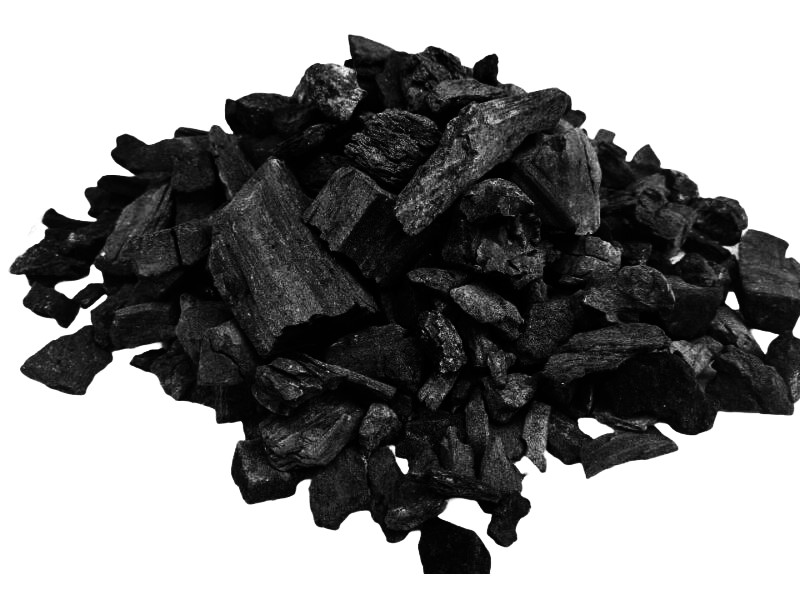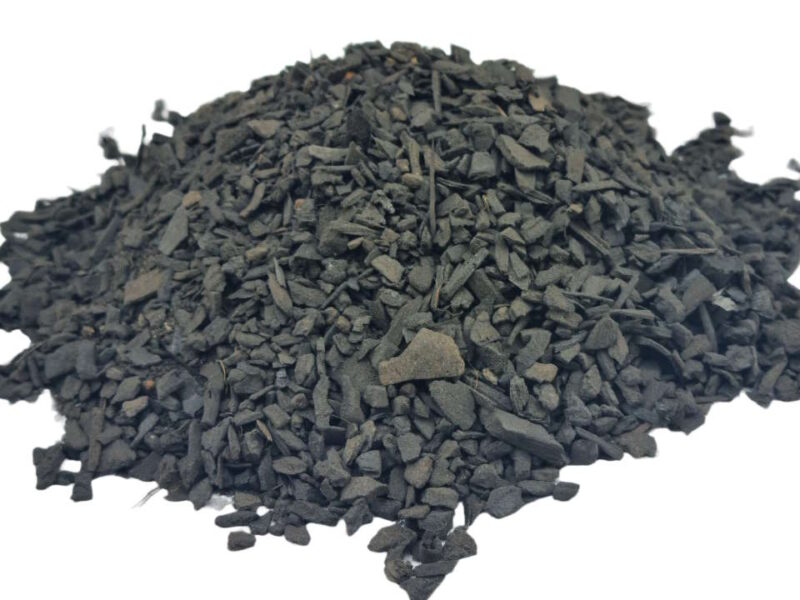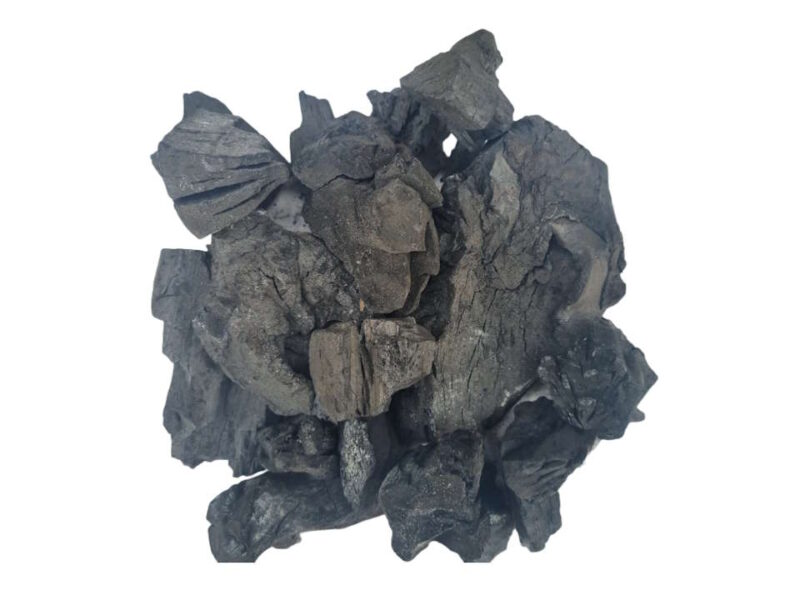Coal & Charcoal



Coal is a fossil fuel formed from plant debris decaying in swamps over millions of years. It is primarily used in industries for heating, steam generation, and electricity production. Charcoal, on the other hand, is the product of burnt wood formed at high temperatures with limited oxygen supply. It is commonly used for cooking, barbecuing, domestic heating, water filtration, industrial applications, and art.
Uses of Coal:-
Electricity Generation: Coal is a primary fuel used in thermal power plants to generate electricity. It is burned in boilers to produce steam, which drives turbines connected to electrical generators.
Industrial Processes: Many industries rely on coal as a source of heat energy for various processes, such as manufacturing, steel production, cement production, and papermaking. Coal’s high heat content makes it suitable for these applications.
Heating and Domestic Use: In regions where coal is readily available, it is still used for domestic heating and cooking, particularly in areas lacking access to other energy sources. In some countries, coal is used in residential heating systems, stoves, and fireplaces.
Industrial Fuels: Coal can be processed into various forms like coke, coal gas, and coal tar. Coke, derived from coal, is used in the production of iron and steel, while coal gas finds applications as a fuel in industrial processes and for heating.
Chemical Industry: Coal serves as a source of various chemical compounds and by-products, including benzene, coal tar, ammonia, creosote, and sulfuric acid. These substances have applications in the chemical and pharmaceutical industries.
Uses of Charcoal:-
Cooking and Barbecuing: Charcoal is commonly used as a fuel in outdoor grilling, barbecues, and cooking. It provides a consistent and controlled heat source for grilling meats, vegetables, and other food items.
Domestic Heating: Charcoal can be used as a source of heat in domestic settings, such as fireplaces, wood-burning stoves, and portable heaters. It offers a convenient and efficient means of heating small spaces.
Water Filtration: Activated charcoal, a specialized form of charcoal, is used in water treatment systems to remove impurities and contaminants. Its porous structure makes it highly effective in adsorbing pollutants and improving water quality.
Industrial Applications: Certain industries utilize charcoal for specific purposes. For example, the metallurgical industry uses charcoal as a reducing agent in metal smelting processes. Charcoal is also employed in the production of black powder, fireworks, and air and water filters.
Art and Craft: Charcoal is widely used in art and drawing. Artists use charcoal sticks or powdered charcoal to create sketches, shading, and detailed drawings due to its ability to produce dark, rich tones.
In summary, coal and charcoal are distinct forms of solid fuel with diverse applications. Coal, a fossil fuel resulting from plant decay, is extensively utilized in industries for heating, steam generation, and electricity production. Charcoal, derived from burned wood, is favored for cooking, domestic heating, water filtration, and industrial uses. These fuels have played significant roles in meeting energy demands across various sectors, showcasing their versatility and adaptability.
